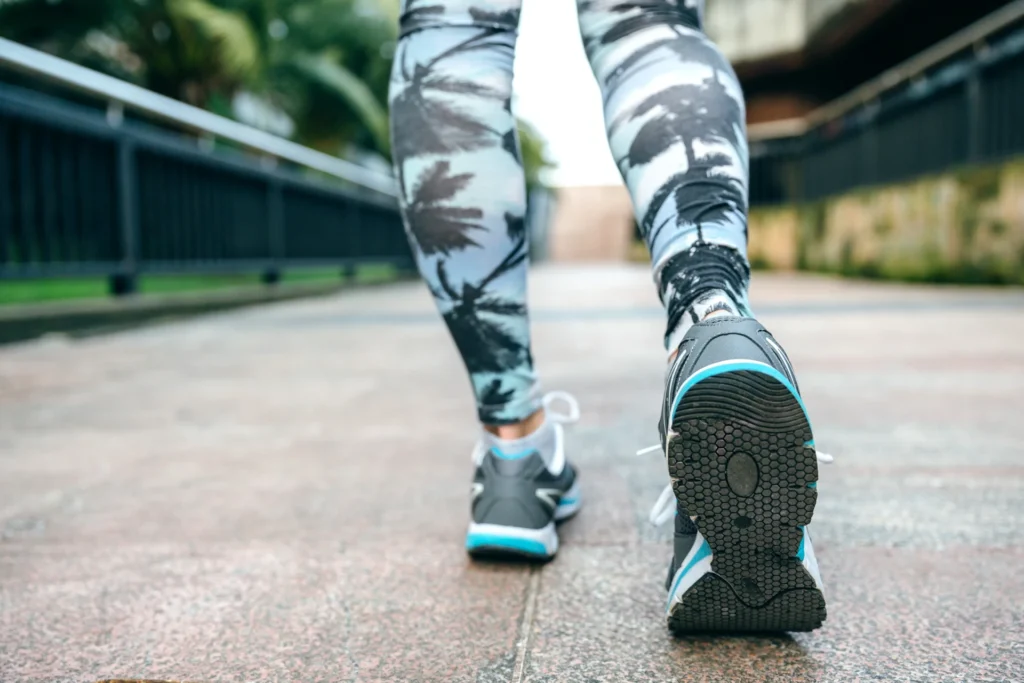Walkability Could Pave Way for Improved Health, Researchers Say

From retro walking to gamified apps, a stroll around town can be one of the easiest ways to get sedentary Americans moving
Could neighborhood “walkability” promote better health through increased walking activity? A new study suggests the answer is yes.
A paper published this month in the American Journal of Epidemiology explored the connection between infrastructure that supports walkability and increased weekly walking time. The study found that a 55% improvement in walkability leads to a 23% increase in weekly walking minutes.
Using data from roughly 11,000 twins taken from 2009 to 2020, researchers found that walkability can add up to 18 extra minutes of walking per week for each resident. Perhaps unsurprisingly, residents of more walkable areas, such as urban neighborhoods, showed higher levels of walking participation.
Lead author Glen Duncan, a professor of nutrition and exercise physiology at Washington State University, told ScienceDaily that these findings could be transformative for a nation that is largely sedentary.
“We have so many people in the U.S. population who don’t get sufficient activity,” he said. “If we could shift the percentage of the population that just took on more plain old walking, we would see real health benefits.”
Duncan also highlighted the simplicity of walking – which does not have to be as extreme or advanced as rucking.
“You don’t have to spend loads of money on fitness clothing and the best gear,” he pointed out. “Walking is a very natural thing. You just lace on some shoes and head out the door.”
And, walking doesn’t have to be boring. Some fitness enthusiasts have adopted “retro walking,” where they walk backward to improve balance and speed.

Wearables and apps can also support the habit of walking, making it easier for individuals to track steps. This year, Texas-based startup Card.io, a gamified cardio fitness app, secured an investment on the Season 16 premiere of ABC’s “Shark Tank.” The app – which will now target corporate wellness programs – encourages communities to band together and compete in Turf Wars, claiming (and defending) their neighborhood by walking, running or cycling.
Courtney Rehfeldt has worked in the broadcasting media industry since 2007 and has freelanced since 2012. Her work has been featured in Age of Awareness, Times Beacon Record, The New York Times, and she has an upcoming piece in Slate. She studied yoga & meditation under Beryl Bender Birch at The Hard & The Soft Yoga Institute. She enjoys hiking, being outdoors, and is an avid reader. Courtney has a BA in Media & Communications studies.



